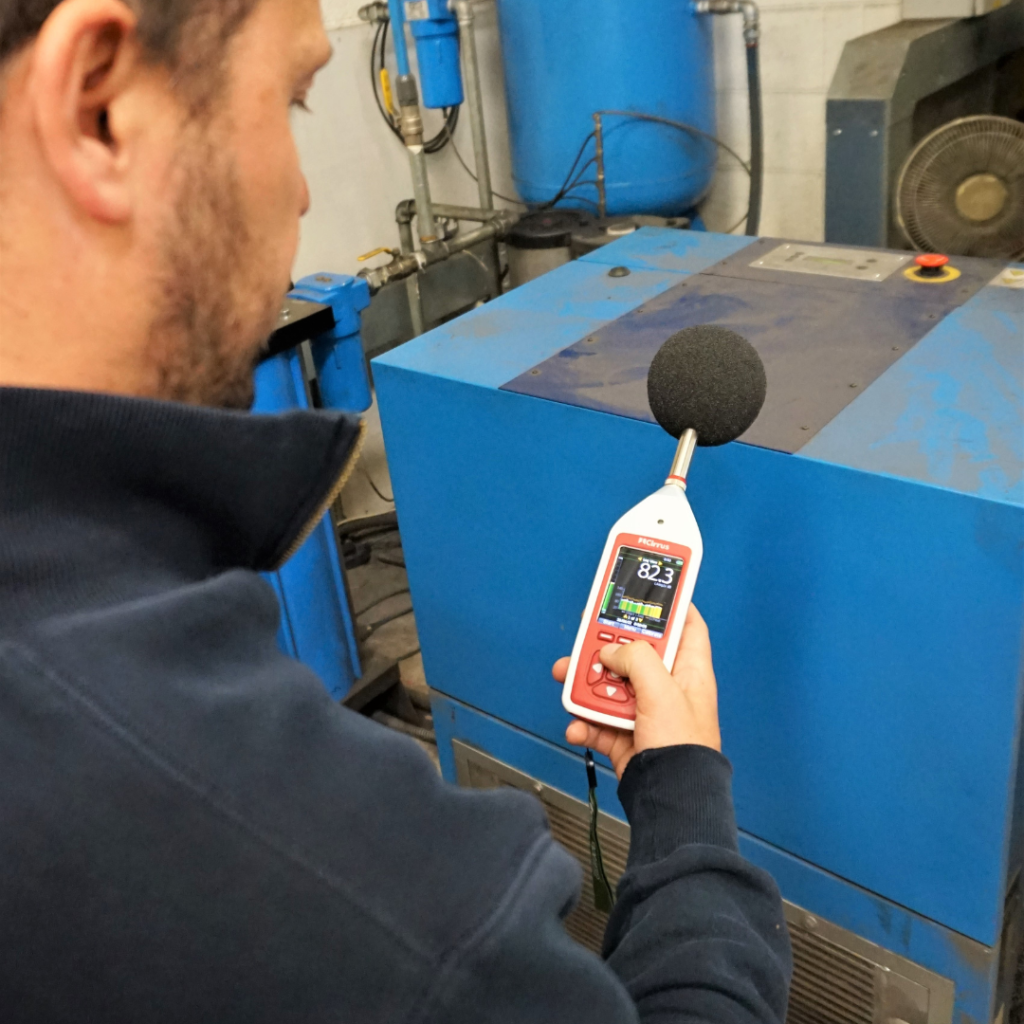
cecoenviro.com

28th June 2022
Author: Wakefield Acoustics – Noise Control Specialists | Last Updated: February 2024
Industrial noise control involves using various technologies and strategies to reduce noise pollution created by industrial premises such as plants and factories.
An additional area for noise control is within the workplace, especially for those working within industrial facilities where they have long-term exposure to noise.
Industrial noise control methods aim to reduce or mitigate the levels of noise generated. The most suitable option will be dependent on your circumstances, but some of the choices that are available are:
Noise is a complex subject and controlling noise emissions usually requires specialist advice to assess the frequency content, the amplitude of the problem and compare it to current guidelines on environmental and industrial noise.
We offer acoustic consultancy where we can provide a range of services including Noise at Work Assessments, Noise Audits and Environmental Noise Surveys so that we can recommend the most effective solution for you.
Our team have extensive experience of providing bespoke solutions for general industrial applications. Please contact us for more information on our industrial noise control solutions.

The key exposure limit values outlined by the Control of Noise at Work Regulations are:
These thresholds indicate the level at which employers need to take action to protect workers from the risks associated with exposure to noise in the workplace. These actions include providing ear protection, training, and industrial noise control methods.
There are a few key methods in how industrial noise can be measured. These include Sound Level Meters (SLMs) which measure the sound pressure level in decibels (dB), and Dosimeters which are monitoring devices worn by an individual to measure their exposure to noise over a specified period.
Industrial noise can come from various sources including:
Industrial noise can often negatively affect our daily lives, especially from industrial buildings located close to residential areas. People can endure daily disturbances which can be at best a frustration, and at worst, can cause health issues including stress and anxiety, sleep disturbances and hearing problems.
This type of noise can also have a damaging impact on local wildlife by causing changes to migration patterns, breeding behaviour, and increased stress levels.